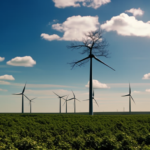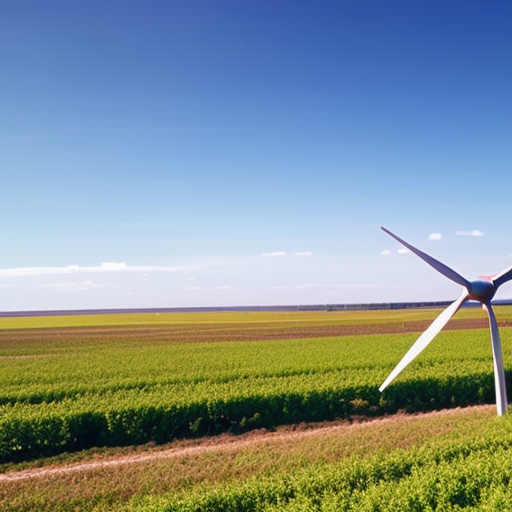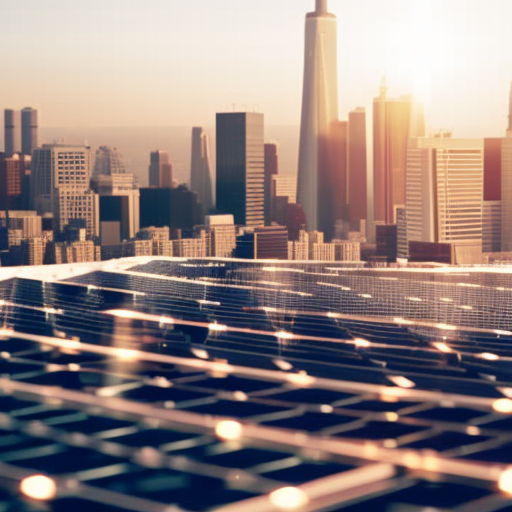Alternative fuels are non-conventional energy sources that aim to reduce dependence on fossil fuels and mitigate environmental impacts.
Biofuels Explained
Biofuels are renewable energy sources derived from organic materials, offering a sustainable alternative to fossil fuels.
Wind Energy Explained
Wind energy is a renewable source of power generated by harnessing the force of wind to produce electricity.
Solar Energy Explained
Solar energy is the harnessing of the sun’s radiation to generate electricity or heat.
Hydropower Explained
Hydropower is a renewable energy source that harnesses the power of flowing or falling water to generate electricity.
Geothermal Energy Explained
Geothermal energy is a renewable energy source that harnesses heat from the Earth’s core to generate electricity and heat buildings.
Tidal And Wave Energy Explained
Tidal and wave energy harnesses the power of ocean currents and waves to generate renewable electricity.
Hydrogen Fuel Cells Explained
Hydrogen fuel cells are a clean and efficient technology that convert hydrogen and oxygen into electricity, offering a promising alternative to traditional fossil fuel-based power sources.
Smart Grids Explained
Smart grids are advanced electrical grids that use digital technology to efficiently manage and distribute electricity.
Bioenergy Explained
Bioenergy is the renewable energy derived from organic matter, such as plants and waste materials, used for heat, electricity, and transportation.
Energy Efficiency Technologies Explained
Energy efficiency technologies are advancements aimed at reducing energy consumption and improving overall efficiency in various sectors.
Energy Storage Solutions Explained
Energy storage solutions are innovative technologies that aim to store and release energy efficiently, enabling a more sustainable and reliable energy system.




















